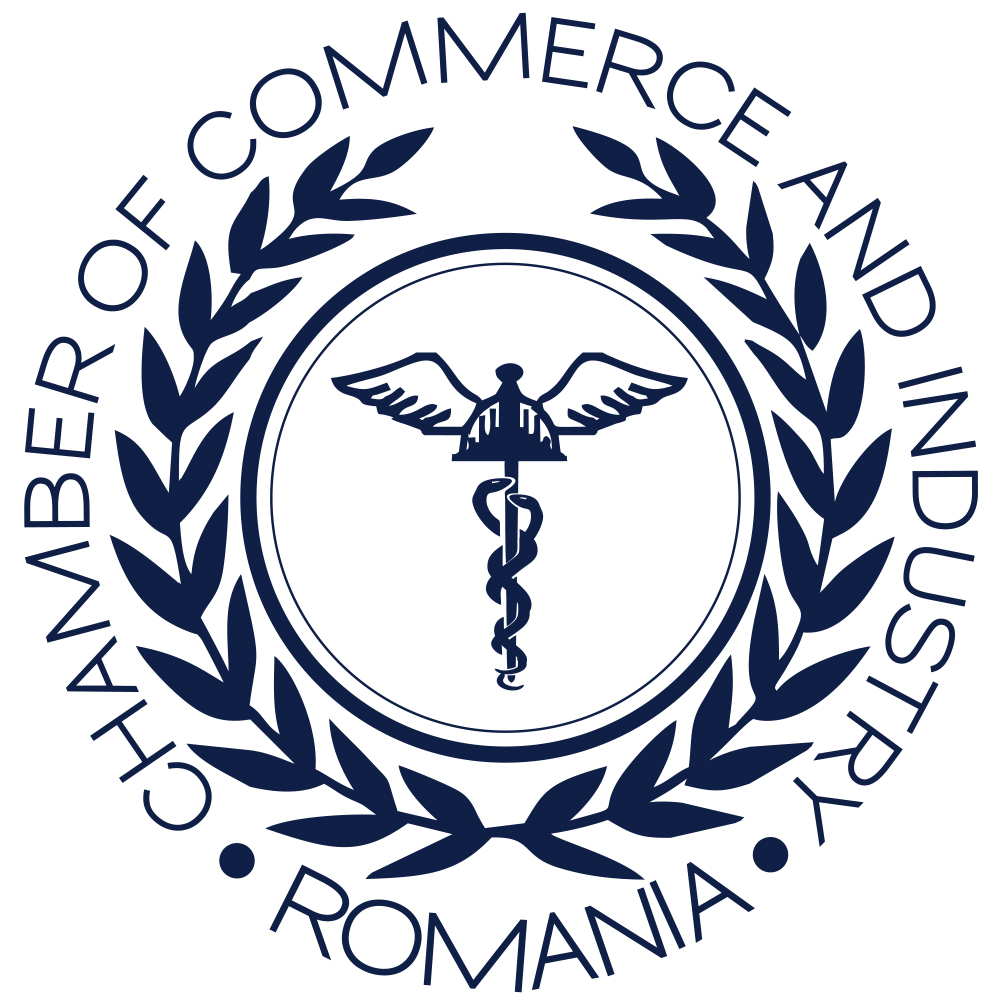Competitiveness Council conclusions on smart regulation send the right signal
Publicat pe 10/12/2014
Following the Competitiveness Council’s conclusions on smart regulation, Arnaldo Abruzzini, Secretary General of EUROCHAMBRES, commented: “The Council has often been the black sheep of the EU family when it comes to better regulation, talking a lot about it without acting. But the message from the Competitiveness Council today is crystal clear: smart regulation is a top priority, it wants to see concrete results and commits to take its share of responsibility in the process.”
EUROCHAMBRES particularly welcomes the following elements, which it has repeatedly advocated for many years:
- Clear support for a rigorous application of the Think Small First principle across smart regulation tools, including the use of the SME test in impact assessments (IA);
- Strong commitment to examine and debate all Commission IAs for legislative proposals and to send back an IA to the Commission if there are serious concerns about its quality;
- Request to the Commission to enhance the IA process by bringing in external, independent expertise, in a systematic and transparent way and to ensure early involvement of stakeholders and member states.
This strong stance from the Council in favour of high quality legislation is encouraging, as are last week’s Parliament Motion for a Resolution on impact assessments and the early messages from Commission Vice President Frans Timmermans. For the first time, the three EU institutions seem to be ready and willing to progress together. This political will must now be converted into administrative action in Brussels and the EU capitals.
Concrete actions should include the preservation of the SME test in the Commission’s IA guidelines. EUROCHAMBRES also supports a review of the 2003 Interinstitutional Agreement on Better Lawmaking to reflect the positive signals of intent for the 2014-19 term.
Mr Abruzzini concluded: “Commissioner Bieńkowska has recently spoken of her frustrating initial encounters with the Brussels machinery. These frustrations are also felt by businesses across the EU and mirrored in many of the national administrations overseen by the Competitiveness ministers she met today. The smart regulation agenda can only be delivered if administrations modernise and evidence-based policy making is a core element of this.”

